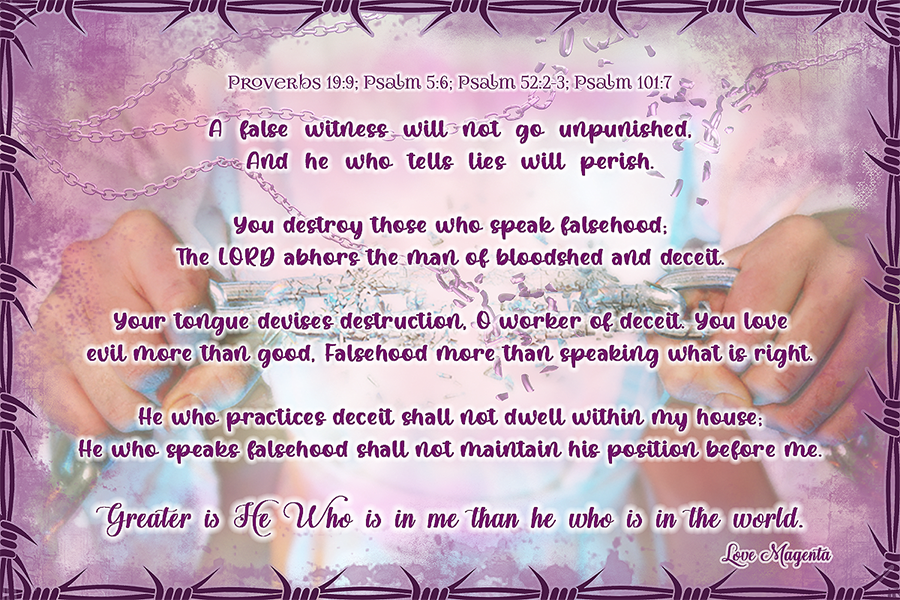As I explained above, if I build a fire using wood, the wood is the source of the fire. I am the one one who creates it, but I am not the source of the fire.
Again, in Genesis 1:3, " God said, “Let there be light.” And there was light!" What in your opinion was the
source of that light? What was the medium that emitted the light?
Now, to me, it is best understood that Genesis 1:3-5 is about the creation of day and night. Genesis 1:5, " God called the light “day” and the darkness “night.” There was evening, and there was morning, marking the first day. "
Here are the NET notes...
God called. Seven times in this chapter naming or blessing follows some act of creation. There is clearly a point being made beyond the obvious idea of naming. In the Babylonian creation story
Enuma Elish, naming is equal to creating. In the Bible the act of naming, like creating, can be an indication of sovereignty (see
2 Kgs 23:34). In this verse God is sovereign even over the darkness.
and
Another option is to translate, “Evening came, and then morning came.” This formula closes the six days of creation. It seems to follow the Jewish order of reckoning time: from evening to morning. Day one started with the dark, continued through the creation of light, and ended with nightfall. Another alternative would be to translate, “There was night and then there was day, one day.”
The first day. The exegetical evidence suggests the word “day” in this chapter refers to a literal 24 hour day. It is true that the word can refer to a longer period of time (see
Isa 61:2, or the idiom in
2:4, “in the day,” that is, “when”). But this chapter uses “day,” “night,” “morning,” “evening,” “years,” and “seasons.” Consistency would require sorting out how all these terms could be used to express ages. Also, when the Hebrew word יוֹם (
yom) is used with a numerical adjective, it refers to a literal day. Furthermore, the commandment to keep the sabbath clearly favors this interpretation. One is to work for six days and then rest on the seventh, just as God did when he worked at creation.




